In the aftermath of a crisis, the human element can often cause more trouble than the event itself. Humans are unpredictable and emotionally driven, making them the most dangerous part of any survival scenario. It’s important to recognize that not everyone has a survival mindset. When the situation demands quick, decisive action, many people become a burden—or worse.
This is the best-case scenario, if we can even call it that. In more challenging situations, others may actively hinder your efforts, try to persuade you to follow their lead, or even become adversaries. If you’re responsible for the safety of your loved ones, there’s only so much you can do for others. It’s impossible to save everyone, and you must let go of any “superman complex” (I recommend reading up on this) and focus on what’s best for you and your family.
There are certain people I would personally avoid if things go south. Read on, and let me know if you think my reasoning makes sense.
Avoid these people during an emergency situation
The “know-it-all”
We all know someone who seems to have an answer for everything and believes there’s no challenge they can’t overcome. I’ve encountered my share of these “brainiacs,” and not one of them has convinced me to follow their suggestions.
Don’t get me wrong—I’m not saying these people aren’t intelligent. In fact, some of them are almost too smart for their own good. However, I firmly believe that book knowledge alone isn’t very satisfying in the real world. It doesn’t matter if you can list every vehicle model from a certain auto brand and recite their specifications; if you’ve never actually worked on or examined those vehicles beyond the computer screen, your knowledge isn’t very useful when your own vehicle breaks down.
What bothers me about these types of people is their tendency to claim they know it all, despite not holding any real authority. For example, if you’re dealing with a pressing health issue, would you rather get advice from a certified medical professional or listen to someone who’s read a few things online and tells you “It’s probably cancer”?
I keep my distance from such individuals because, in a group, they can endanger others by sharing information that lacks practical application. People often look up to the so-called smart person in the room and follow their lead, assuming that their knowledge is more valid than it really is.
The cult leader
There are many cults out there, whether religious or not, and each one has a leader who guides their followers. While some of these leaders may be well-intentioned, I learned early on not to place complete trust in a single person. My grandparents and other members of their parish were robbed by their pastor, which left a lasting impression on me. I witnessed firsthand how the people who raised me suffered immensely after losing their life savings.
Cult leaders often have a way with words and a certain non-verbal charisma—what you might call body language—that deeply affects their followers. They manage to get under people’s skin and sometimes present themselves as the only savior. Their ability to influence and direct their followers is profound, convincing them to accept their advice and doctrine without question. They promote their beliefs—whether religious, spiritual, military, or otherwise—with a fervor unmatched by most professions, and those who don’t share their views are often seen as outsiders or even enemies.
During a crisis, you might encounter a cult leader, and you could be fortunate enough to find one who genuinely wants to help and ensure everyone’s safety. However, if you come across someone who leads a militia or a similarly aggressive group, it’s probably wise to steer clear.
The hoarder
I’m a bit frustrated by the fact that many people don’t distinguish between hoarders and preppers, lumping us all together.
A hoarder is someone who accumulates items due to a psychological condition, characterized by a compulsive need to collect and keep possessions regardless of their actual value or usefulness. This behavior is often driven by anxiety, emotional attachment, or a fear of future scarcity.
In contrast, a prepper is someone who collects supplies and resources with a specific purpose: to be ready for potential emergencies or disasters. This mindset is driven by a desire for self-sufficiency and preparedness for events like natural disasters, economic collapse, or other crises.
The key difference between these two lifestyles is their physical conditions. While preppers have often been labeled as irrational or crazy, they are quite different from hoarders.
Hoarders tend to attract attention due to their behavior, while preppers generally keep a low profile (at least the wise ones do). This difference can be crucial when a crisis hits. In a chaotic situation, people looking for resources might target hoarders, believing they have what’s needed. When panic and hunger take over, there’s little room for reasoning. Since hoarders form emotional attachments to their possessions, interactions can quickly escalate, potentially leading to dangerous situations.
Moreover, hoarders can present health hazards due to unsanitary conditions. If healthcare is scarce, it’s wise to avoid areas where hoarders operate.
The overzealous law-enforcer
One common phrase we’ve all heard when discussing law enforcement is that it’s just “a few bad apples,” implying that only a small number of officers engage in misconduct or unethical behavior and that these individuals are exceptions rather than the rule.
However, power has a tendency to corrupt, particularly those with weaker moral fortitude. People in positions of power often strive to maintain control, and during times of crisis, they might resort to more aggressive measures. Instead of persuading people through dialogue, those in power may use physical force and detainment to enforce compliance before individuals have a chance to defend themselves.
Consider what happens when Martial Law is declared. The military won’t take time to explain procedures or offer reassurances. Instead, it will be a strict “do as I say” policy, with non-compliance potentially resulting in severe consequences. During such high-stress situations, the level of tension and emotion will be extreme, increasing the risks involved in interacting with military personnel.
I recently spoke with a friend who had retired from the military. We discussed the potential for civil unrest in our country, especially following events like the assassination attempt on Donald Trump. He shared his experiences from various deployments, noting that in high-stress environments and active conflict zones, there was no time for questioning or negotiation. “Nobody has time to ask questions because they have someone waiting for them at home,” he said. This attitude will likely prevail under Martial Law, with inexperienced military personnel potentially making swift, harsh decisions.
My point is that if you find yourself in a survival group where someone is on a power trip, it’s wise to separate yourself and focus on your own safety.
The exploiter
I wanted to add this type of person last because I’ve met quite a few of them during the COVID-19 quarantine. The exploiter is the type of individual that often seeks to take advantage of the chaos for personal gain, whether by manipulating others for their own benefit or by engaging in predatory behavior.
During the pandemic there were lots of these exploiters who tried to sell essential supplies at inflated prices, exploited vulnerabilities for personal gain, or deceived others into trusting them while hiding their true intentions. They might leverage the crisis to further their own agendas or manipulate people into giving up resources or compromising their safety.
These people exploited the desperation and fear of others, using the situation to their advantage. They offered critical resources or services at inflated prices, knowing full well that people have no choice but to pay.
Exploiters typically lack empathy and show little regard for the well-being of those around them. Their focus is more on advancing their own interests rather than contributing to the collective welfare of the group. They have a way with words and make unrealistic guarantees about their ability to provide essential resources or solutions, creating false hope where none exists.
During a crisis these types of peoplemight try to rush you into making hasty decisions by creating a false sense of urgency or fear, forcing you to act against your better judgment.
If someone is constantly seeking to leverage the crisis for their benefit or is consistently pushing others to meet their demands, it’s a strong indicator that their primary concern is their own gain, not the group’s safety or well-being.
Concluding
So, how do you determine who you should associate with? The examples I’ve provided here are hypothetical, and there’s a chance you may never come across such individuals.
My advice, as with any aspect of prepping, is to rely on your own judgment. Common sense is invaluable, and if your instincts are warning you that the people around you are not trustworthy, it’s time to seek out a different survival group.


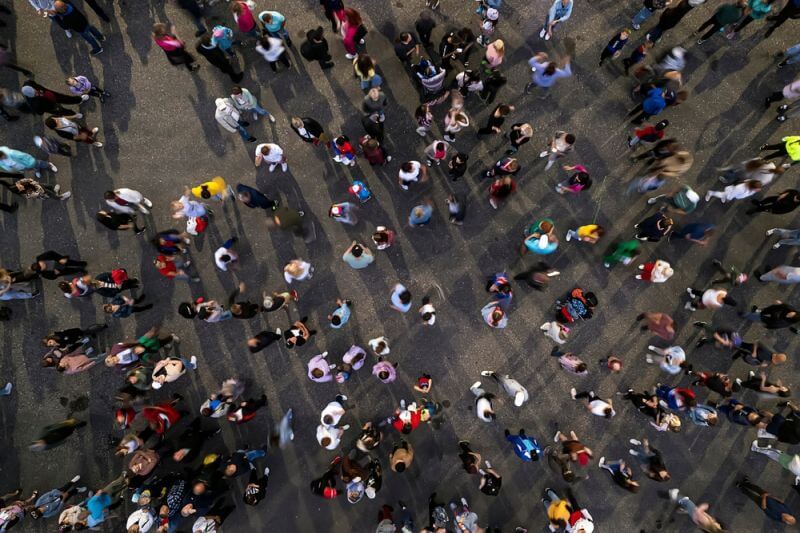
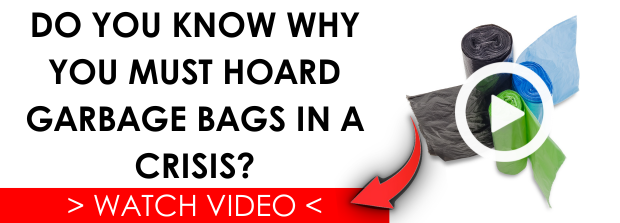

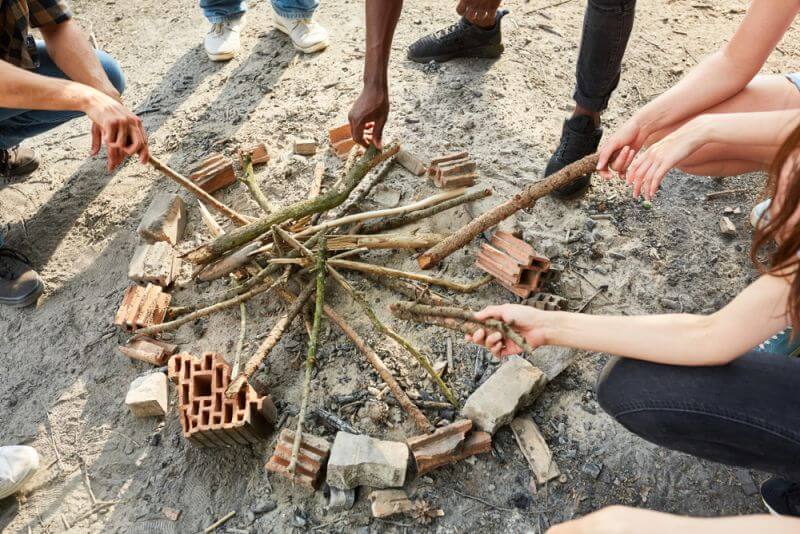
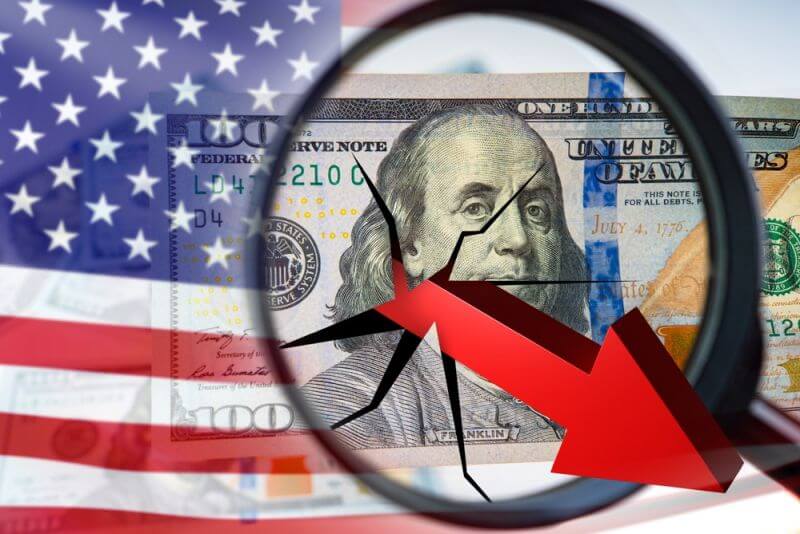
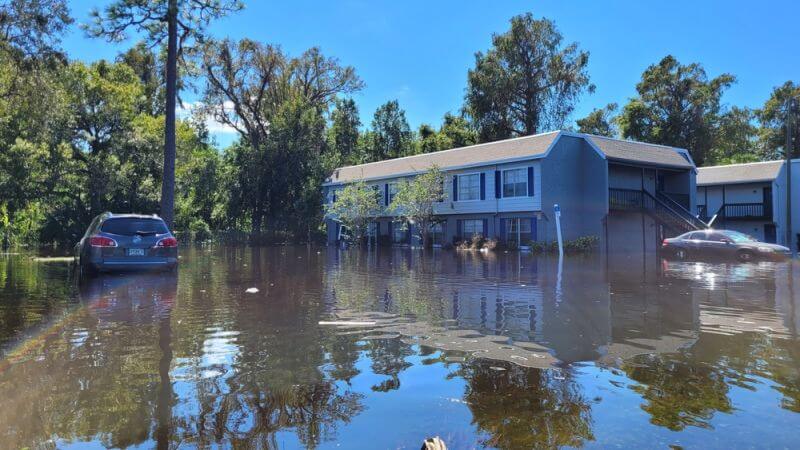


Ronald H Levine | September 20, 2024
|
I see I’m the first to comment and I think I know why. At first it perplexed me on how extensive it would be to cover to “Avoid these types of people (in the harsh times to come).”
Not only would that side of the subject be too much to cover, it would entail a lot of negativity which is not my way. Instead, I present a positive alternative.
Even though I’ve given it lots of thought over the years and can write series of books and an encyclopedia on types to avoid, it’s more productive to explain advantages of being among the right types of people which is seemingly impossible just about anywhere, so how can that be done?
My full answer isn’t just the common seeking low population density, though that solves a lot and the culture of rural society is more conducive to thriving in the harsh times to come as community is important for a multitude of reasons.
Low population density capabilities are significant to my way to “Avoid these types of people,” but any location we choose will have its set of advantages and disadvantages including those people best to be great distances away.
I solve that and more and make my preparedness adaptable by not choosing a location because you generally don’t choose your neighbors and they will be a mix and there will be unanticipated local troubles.
IF we knew the future, what we do to be ready would be planning. But, we don’t know, so we need to be ready for a multitude of possibilities and that is preparedness.
Instead of a location choice, I choose my backup alternative preparedness which is for the more challenging scenarios, which I do expect.
That is sea based mobility by sailboat to move out of harm’s way and seek opportunities where they can be found among our big world of two hundred twenty thousand miles of coastline and inland navigable waterways.
The big difference is communities of like-minded families with sailboats uniquely DO choose their neighbors as defined as those who choose to sail their sailboats as a group. Sure there will be those who group differently to sail a different direction as their group.
Sailing can give me variety and a mix. There will be times when I seek population densities for various reasons, trade among them. I can seek out good people who would thrive in places of strongholds of freedom and help them get there. The special one for me to be my future wife and mother of my future children might be found among a population.
But, after trade, introductions, socialization and other virtues of some populations that are thriving when perhaps most of the world isn’t, leaving for new destinations solves having to be on guard against powerful bandit groups.
My vision on that is their scouts will bring their overwhelming well armed raiding party and point and exclaim “they WERE right there!”
I’d be gone. Where might that be? There are wilderness paradises all around the world and when ready we would visit another community.
This isn’t untested nor unprecedented. In these good times of before our preparedness is needed, it is the dream of many to travel by sailboat and see the parts of the world they choose and often when they retire, they are enjoying doing just that. They can be as much a part of various societies or not as they choose.
In one question to a preparedness group, we were asked: “What would you do if it got much colder or much hotter than conventional patterns?” My answer was unexpected and unconventional. I said: “Simple: If it’s too cold, I’ll sail south and if too hot, I’ll sail north.”
It frustrated most because their rural country living style of preparedness is their land and local area where they have attachments to family, friends of family and family of friends and a network of such in their community which is excellent and I don’t advocate differently for them.
Instead, it was me answering the question with my answer of what I would do, so it isn’t for everyone. It’s just one possibility on a long list of many.
One of my favorite advantages is I don’t have to do as commonly admonished. I don’t need to hide my identity, “keep a low profile,” nor “stay below the radar!” I enjoy being an advocate of preparedness and helping others learn good preparedness concepts and skills. I enjoy havingthe credibility of usingmy full and real name. As a benefit, I meet lots of good people and have a lot of friends into preparedness.
The disadvantage, theoretically, is I know many who have declared: “We know where to go to demand our fair share!” But, the joke is on them because their leader of their rading party will likely someday soon point and exclaim: “He WAS right there!”
[email protected]
Inot Nelob | September 26, 2024
|
How does a sailboat outrun a fast attack boat?
Doc05 | September 27, 2024
|
The bad actors make up about 5% of the population. There have been numerous books (Dr. Martha Stout, Dr. Robert Hare, Carl Jung) written about them. The range is large 1% to 10%, these are the sociopaths and psychopaths, who only out for themselves. These people fit into the 5 types written in the article. I cite the 5% because it’s about the number I’ve seen in the military and in the civilian world.